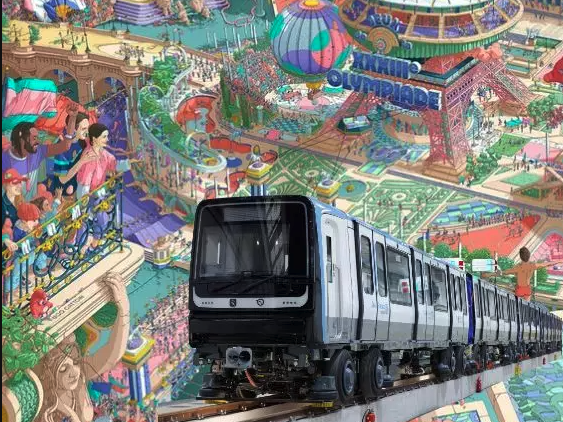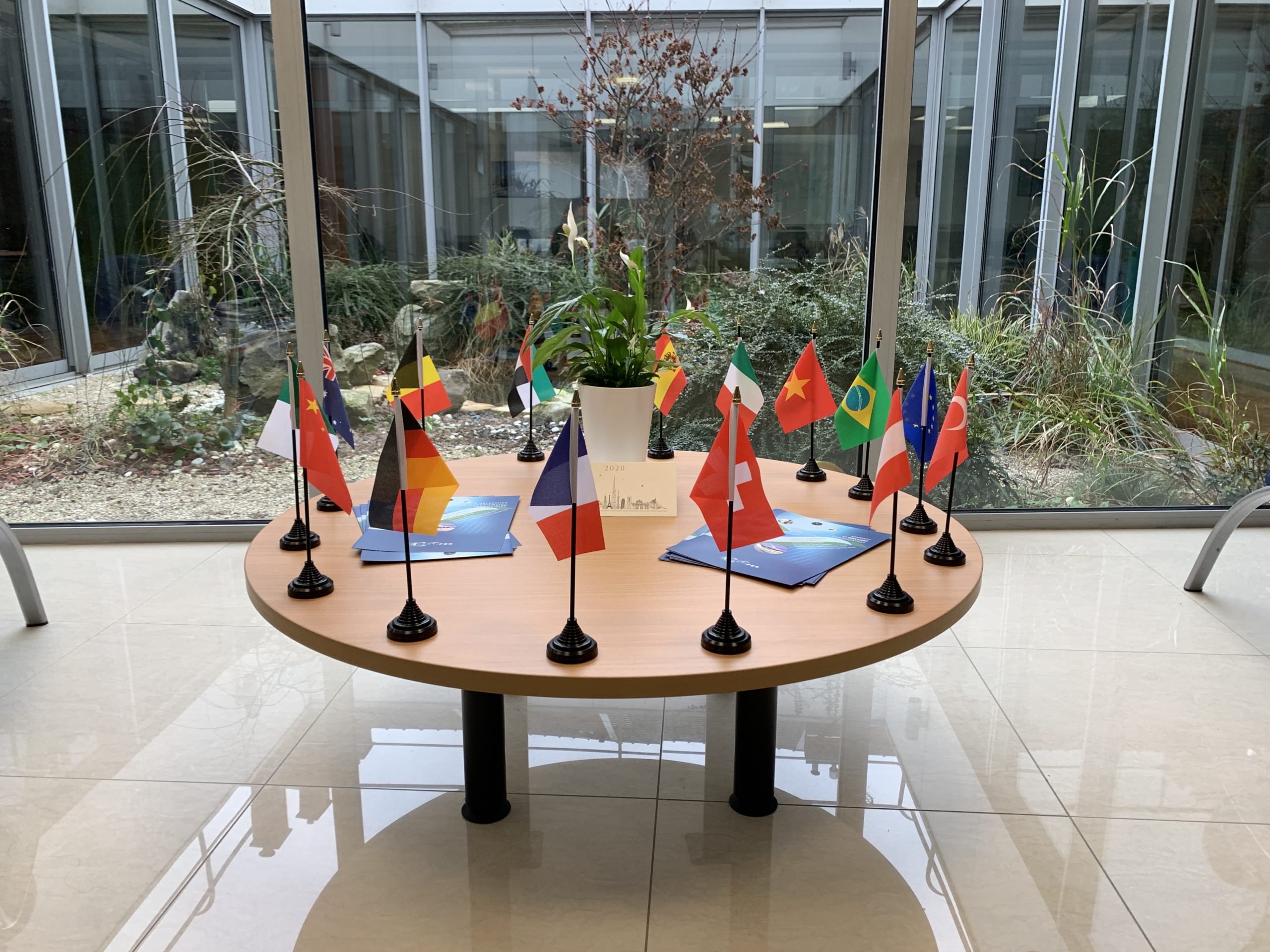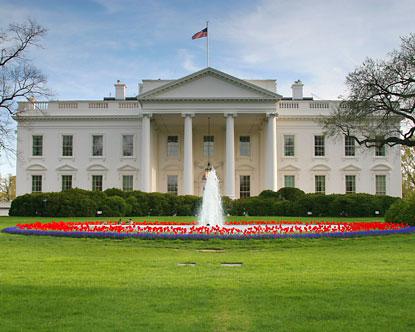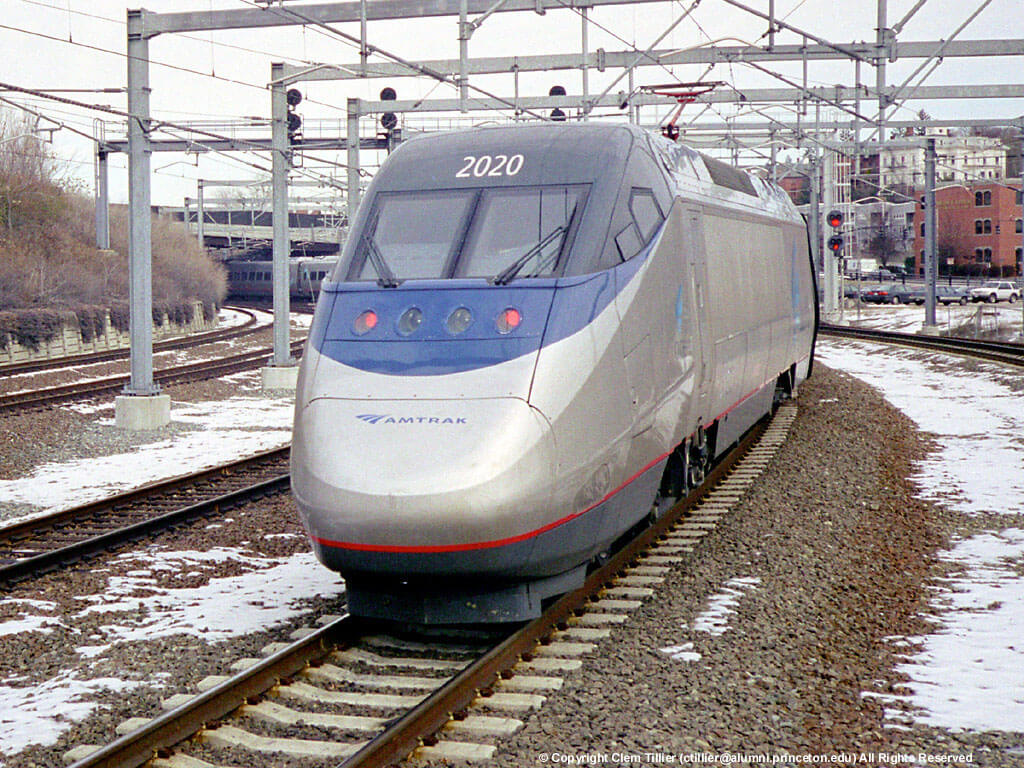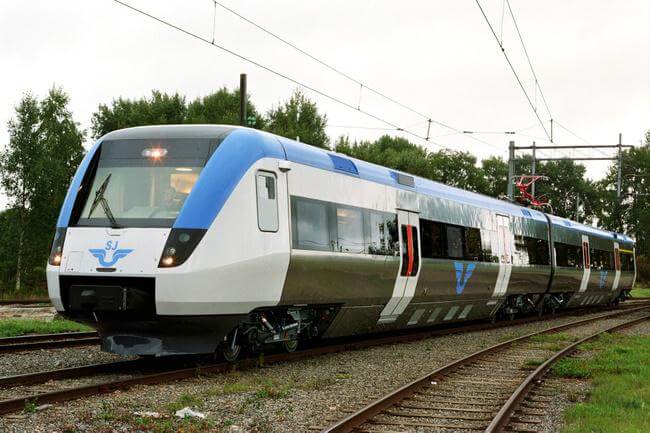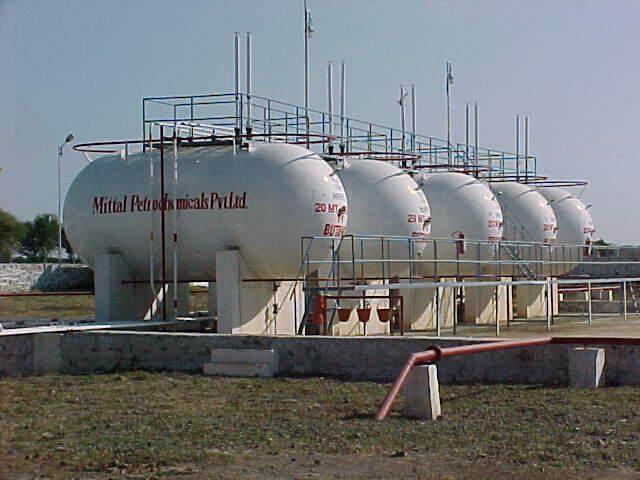Canadian National Railway has retrofitted two existing diesel-fired locomotives so that they can run mainly on natural gas in a feasibility test to see if the cheap and relatively clean fuel source could be a viable option as an alternative fuel for the future.
The testing will take place between Edmonton which is a key energy processing and pipeline hub and Fort McMurray, Alta, the oilsands epicentre. This covers a 480 kilometre stretch.
The oilsands rail corridor is currently travelled by railcars carrying machinery and construction materials to the oilsands and extraction byproducts such as petroleum coke and sulphur south. With natural gas currently cheap and plentiful in North America, the potential cost benefits to everyone involved should this technology prove viable, could be great. CN says it already uses nearly 15 per cent less fuel than the industry average but said it was too early to quantify the impact switching to natural gas could have.
The fuelling for the testing will be provided by Encana Corp, who are giants in the industry and it will be carried out in Edmonton, along with the maintenance.
Diesel Engine Conversion Kits for Locomotives
The conversion kits themselves are being supplied by US company Energy Conversion Inc. The company says that over a locomotive duty cycle, the kits will help cut carbon dioxide emissions by 30 per cent and nitrogen oxide emissions by 70 per cent. In a press-release by CN, Chief Operating officer Keith Creel said “Natural gas has a lower carbon content compared with diesel fuel, so that locomotives using natural gas — if the railway technology employing this form of energy ultimately proves viable — would produce significantly fewer carbon dioxide emissions,”
The results of these tests could lead to a longer term project involving Caterpillar Co.subsidiary Electro-Motive Diesel, Westport Innovations Inc., the green engine-maker and Gaz Metro, the Quebec gas distributer. The 3 companies will work along with CN to develop an all new natural gas locomotive engine that will have a specialised tank car to carry the fuel. The group expects to test the new engines in a laboratory in 2013 with a view of road-testing the prototypes at some point in 2014.

